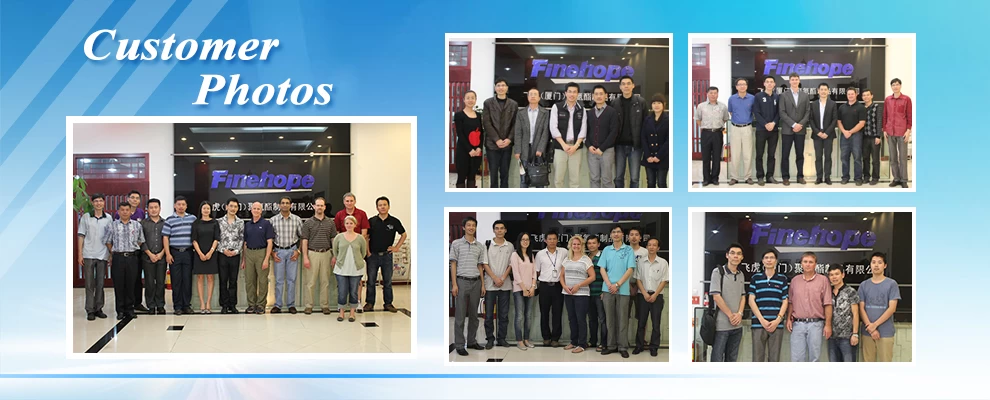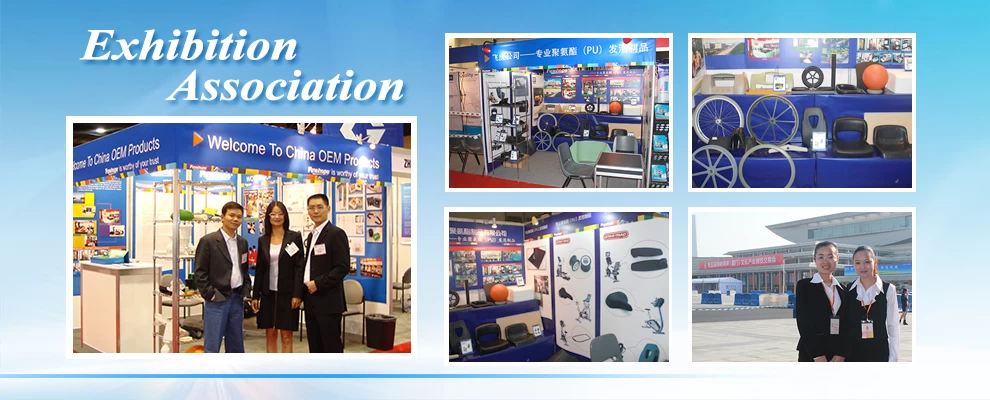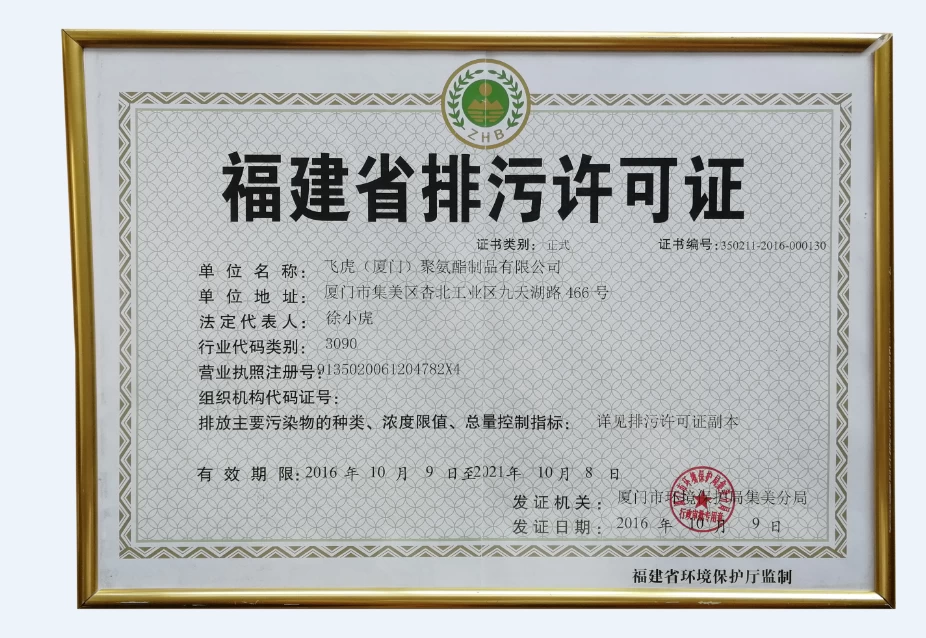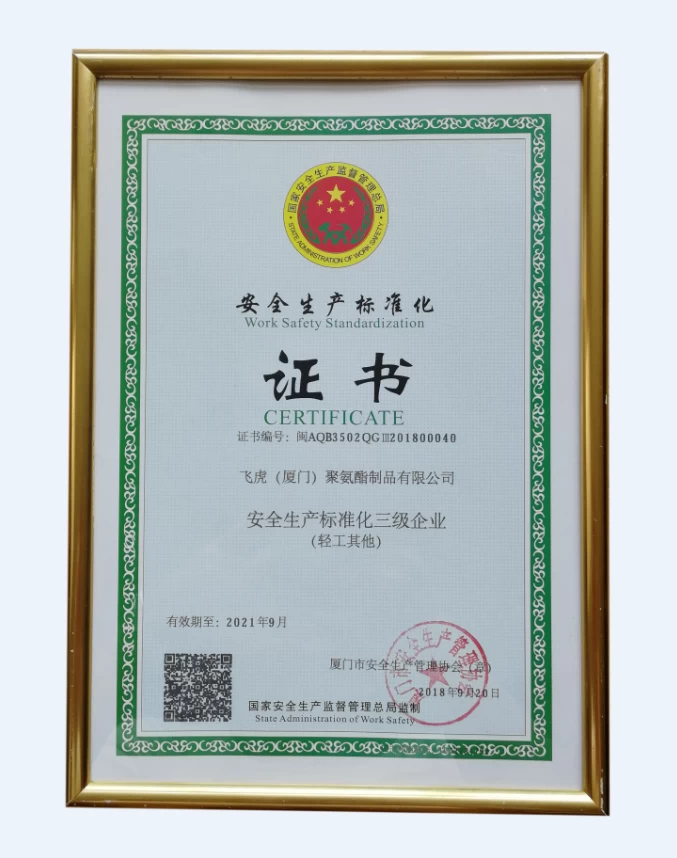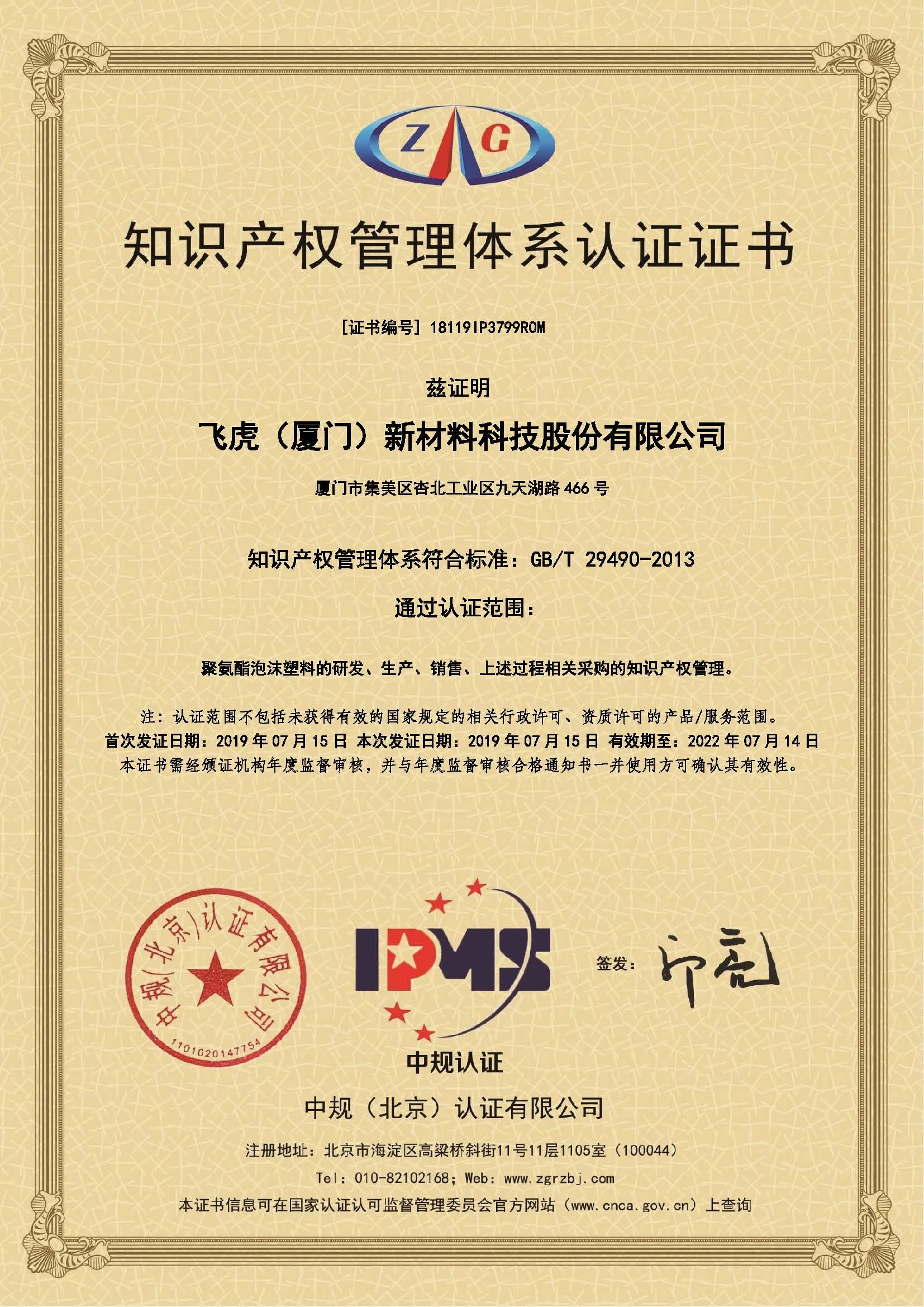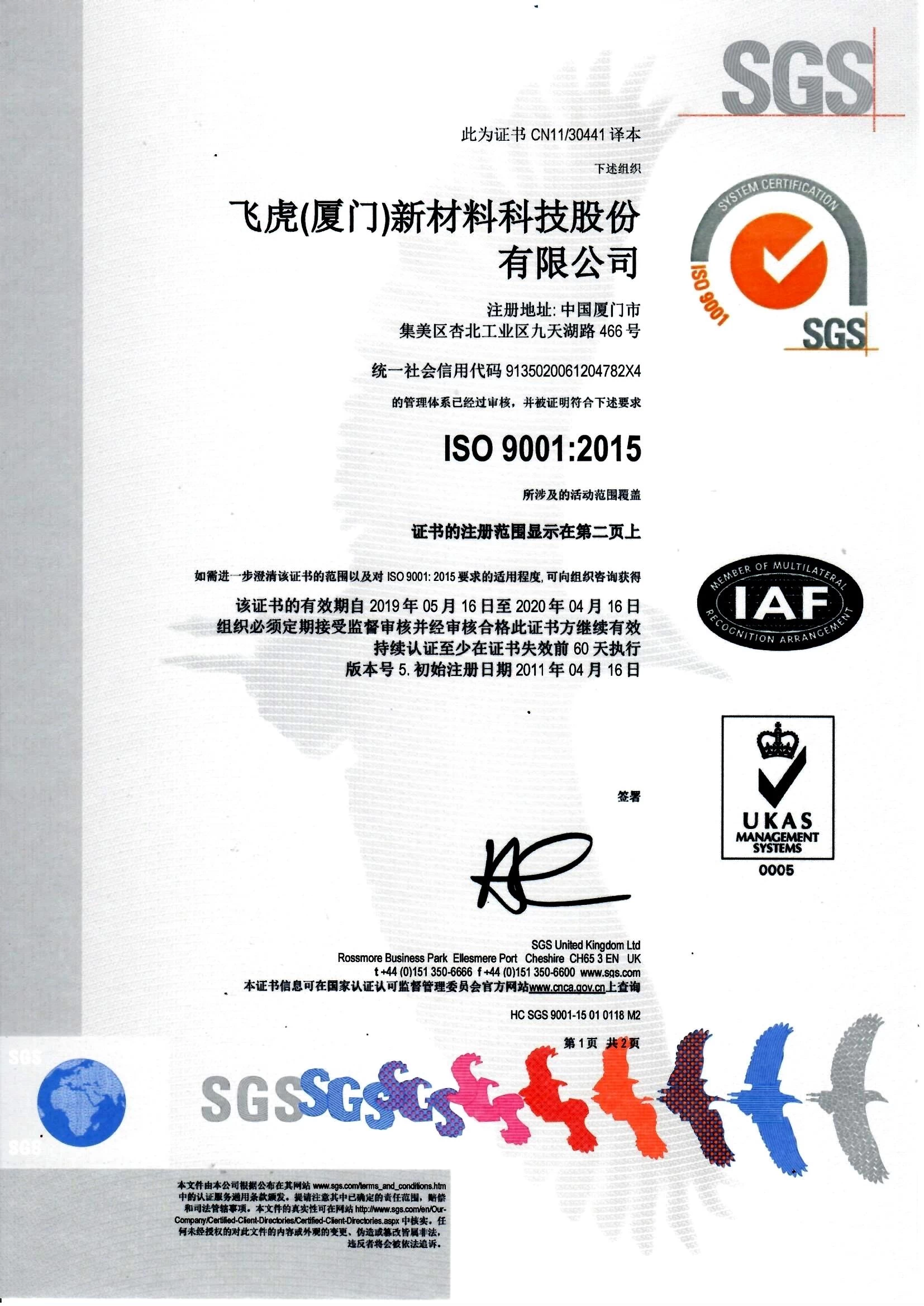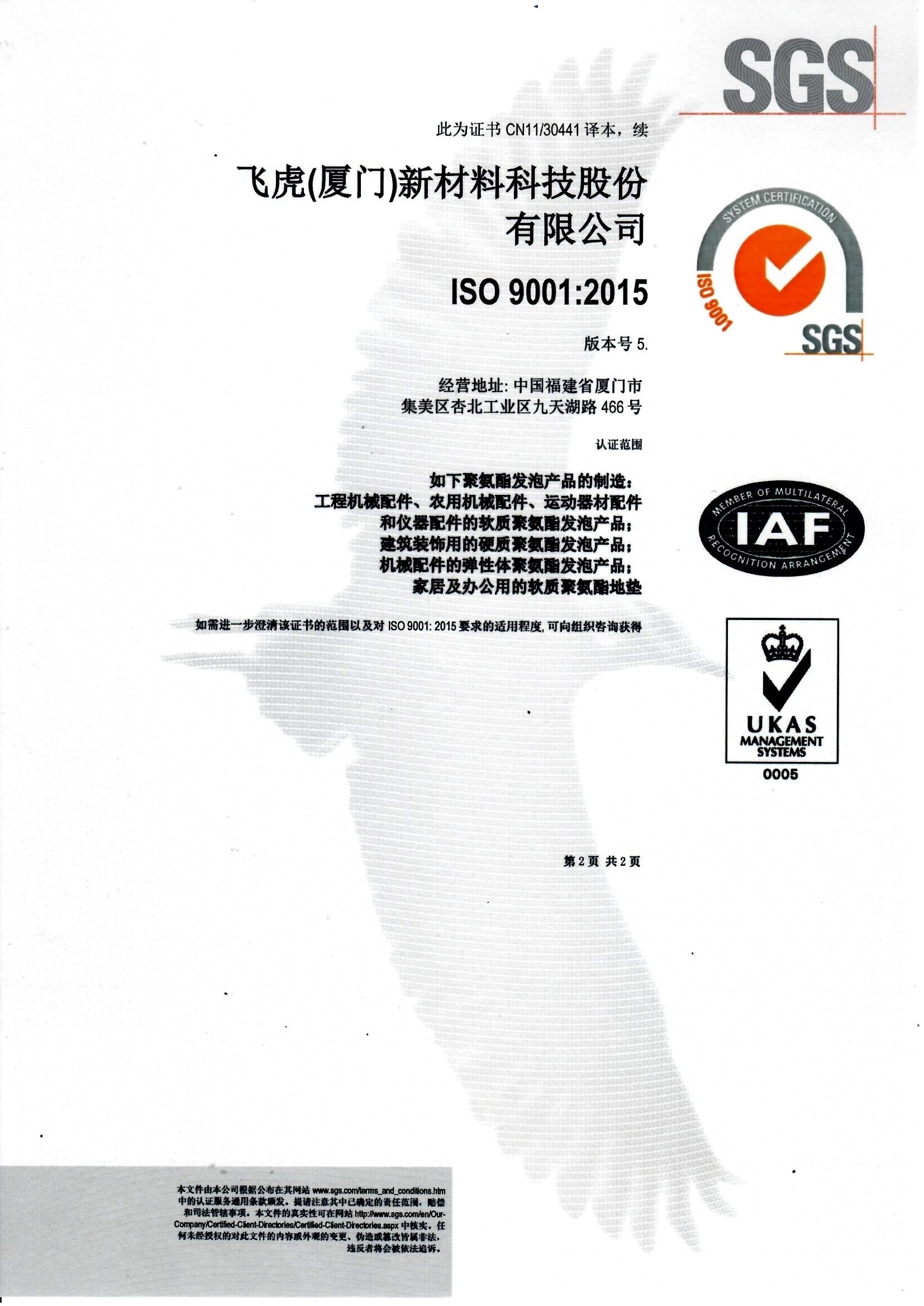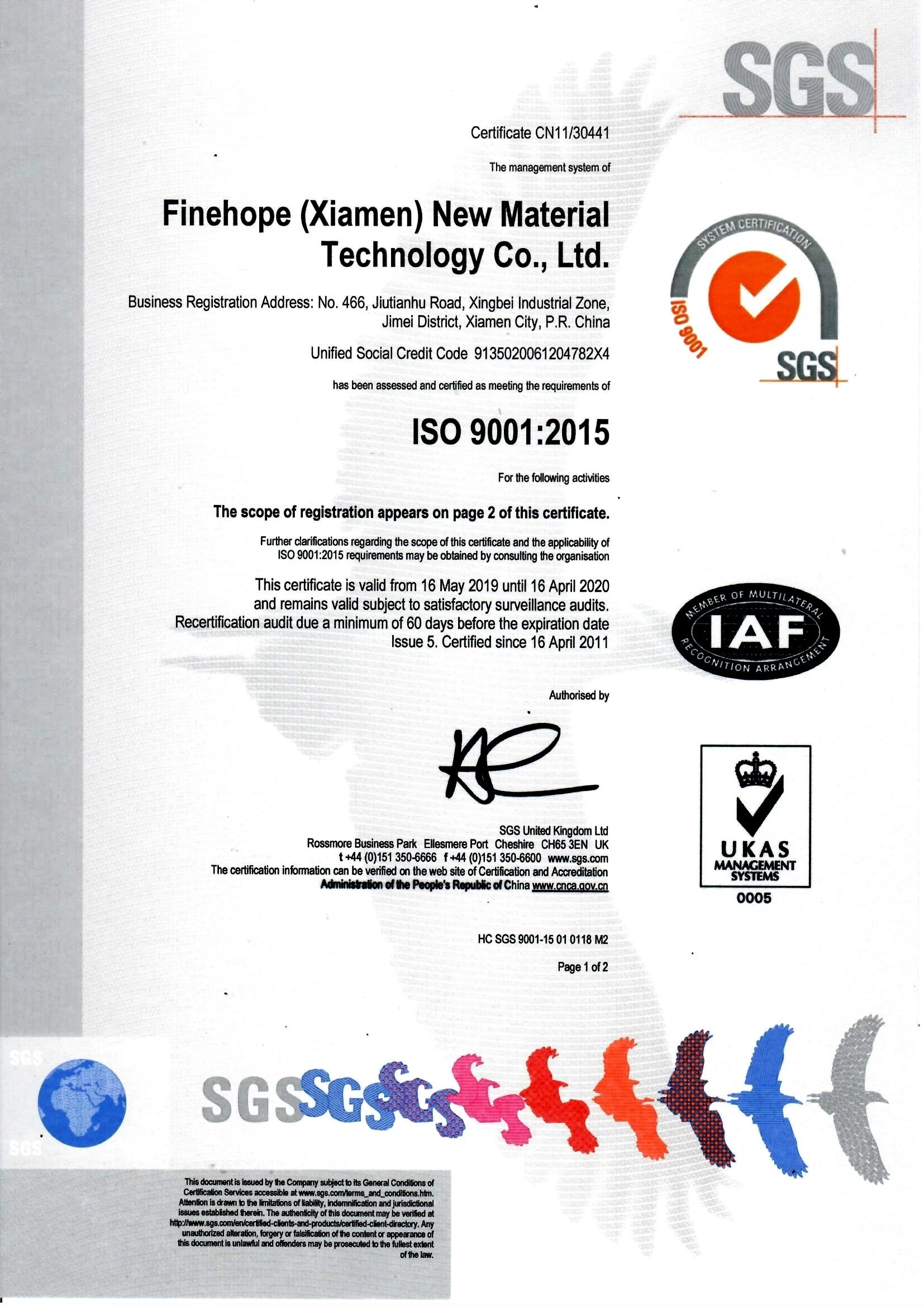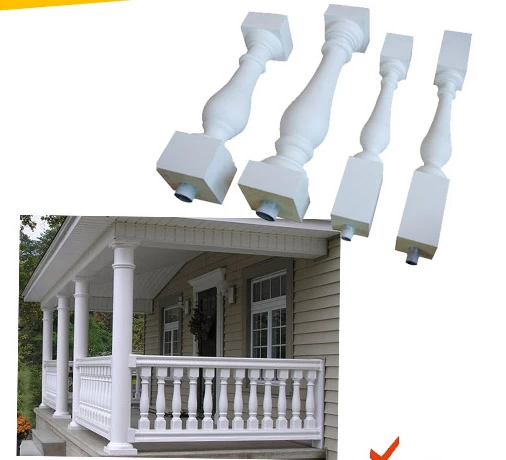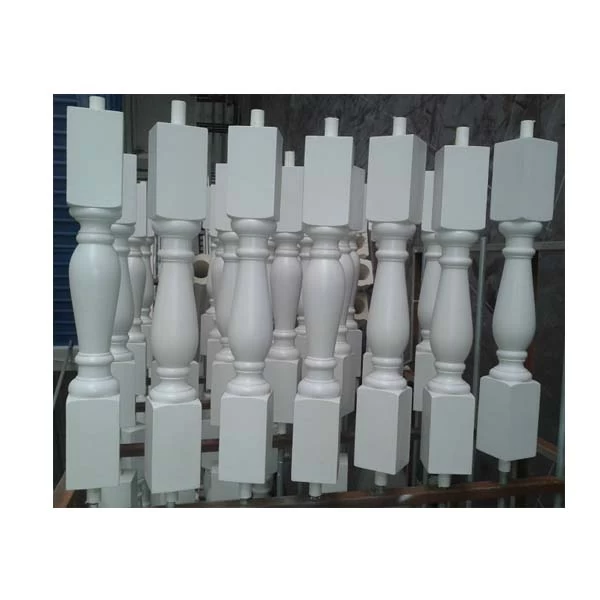The Japanese government issued a white paper on Karoshi
Japan’s first government white paper on the still largely taboo phenomenon of death by overwork has revealed that a fifth of surveyed companies acknowledge their full-time staff works dangerously long hours.
The 280-page report — published almost three decades after Japan legally recognised death driven by overwork, known as karoshi — acknowledged that its contents made for bleak reading.
Nearly 11 per cent of companies surveyed said they had full-time staff working at least 80 hours of overtime a month — a level which, by official acknowledgment, brings an increased risk of death from cardiovascular issues and other problems.
The white paper, which was forced into existence by a 2014 private member’s bill obliging the government take responsibility for preventing deaths and suicide through overwork, follows a year in which karoshi compensation claims surged to a record high of 1,456.
Even then, say lawyers who have represented the families of victims, the issue is greatly understated and barely discussed.
The survey had hoped to base its research on responses from 10,000 Japanese companies; in fact, it received replies from just 1,743.
Government efforts have yet to bite, say labour groups.
Gentle slogans urging armies of reluctant salarymen let’s work shorter hours, or more practical measures such as turning office lights out at 7pm, are making no visible dent in a work culture that has devised few mechanisms for evaluating achievement beyond simply counting the hours worked.
The fundamental problem, said Koichi Nakano, a political scholar at Tokyo’s Sophia University, is that neither the government nor the business sector is especially keen to inform workers of their rights and to uphold them.
At the heart of the issue is a deeply unenlightened but persistent attitude on the part of the government and management that regards selfless dedication to the company shown through long hours at the office as a prime virtue?.?.?.?in reality it is arguably responsible for the steady decline of the Japanese corporate competitiveness, said Prof Nakano.
Reported karoshi deaths in the 2015 financial year ending in March, published by the labour ministry in April, were concentrated on sectors such as social services and construction.
These are on the front lines of Japan’s chronic labour shortage — itself a slow-burning crisis that derives from the country’s long-term demographic decline and historic resistance to large-scale immigration.
The survey underlying the new white paper found 44 per cent of IT companies admitted that some of their employees worked more than 80 hours of overtime a month.
But the problem is more widespread.
The publication of the white paper came just a week after a Tokyo labour standards office ruled that the suicide of young graduate recruit at the Dentsu advertising agency had been a case of karoshi.
The family of Matsuri Takahashi, 24, said she took her life after racking up 105 hours of monthly overtime.
She had worked in Dentsu’s digital advertising division — the unit at the centre of a developing scandal that involved overcharging clients, and which Dentsu blamed on staff shortages.
Across the full- and part-time workforce, the average hours worked by individuals are falling very slightly, said the white paper, but that includes the rising cohorts of part time workers.
Among full-time staffers, on whom karoshi-generating pressures fall most heavily, approximately 21 per cent of Japanese work an average of at least 49 or more hours a week — far above the 12.5 per cent and 16 per cent rates reported in Britain and the US respectively.
Related news:
- traditional stair railing,antique stair railing,baluster form,cheap decking spindles
- baluster replacement,wrought iron stair parts,metal balusters for stairs,iron balusters sale
- wrought iron balcony balustrade.exterior balustrades.terrace balustrade.iron balustrade
- balustrades for sale.balustrade outdoor.stainless steel balustrade.decorative balustrade
- baluster mold,stair baluster,railing baluster,balcony baluster


